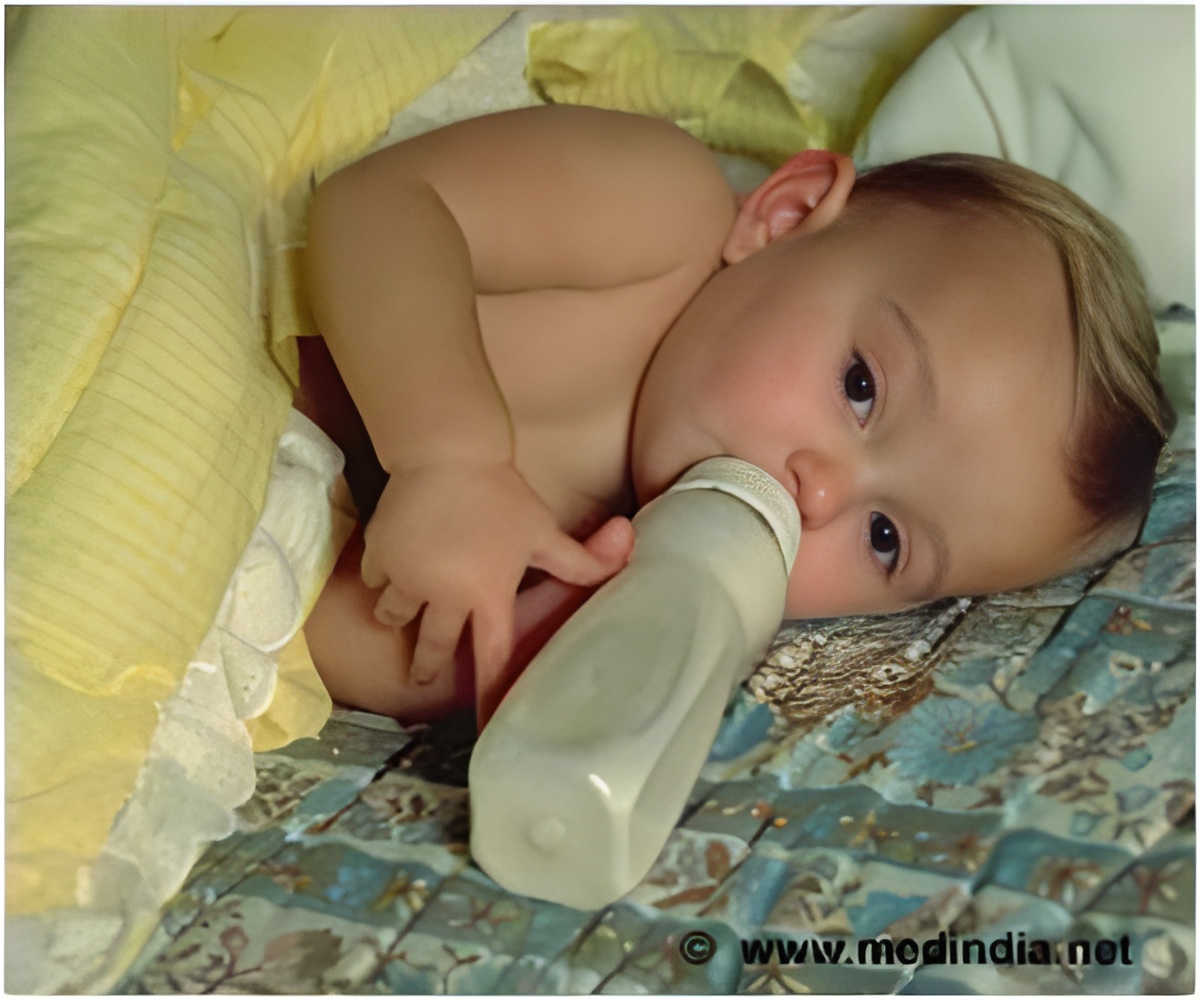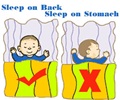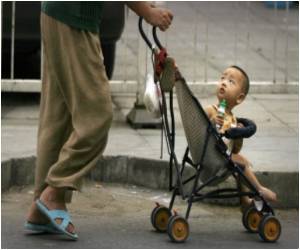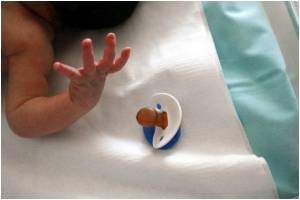Over the counter baby products cannot prevent Sudden Infant Death Syndrome says FDA. When a child under age one dies suddenly without an explainable cause of death.

What the medical community is very sure is the fact that baby products such as infant positioners, mattresses, crib bedding including bumpers and blankets, crib tents, pillows and baby monitors that are sold over-the-counter cannot prevent SIDS. According to Susan Cummins, chief pediatric medical officer in FDA’s Center for Devices and Radiological Health, ‘these products are absolutely not necessary and they can be very dangerous’. Baby products that can prevent, treat or cure are considered medical devices and are subject to FDA regulations.
In view of this, FDA is clamping down on companies and websites from marketing products they claim can prevent SIDS. The agency said they ‘never approved a product to prevent SIDS’ and is asking the manufacturers to either stop marketing these products or change their labeling to remove all medical claims.
According to the National Institute of Child Health and Human Development (a part of NIH), risk of SIDS increases if the baby is:
• Sleeping on the stomach
• Co-sleeping with parents (sleeping in the same bed) or the crib bedding is very soft
• Premature or had sibling who had SIDS
In their Technical Report published in the journal Pediatrics, the Task Force on Sudden Infant Death Syndrome from the American Academy of Pediatrics (AAP), in accordance with the US Consumer Product Safety Commission, suggested the following criteria with regard to sleep surfaces of the infants.
• If a portable crib, play yard or bassinet is to be used – use one with sturdy bottom and wide base; smooth surfaces without protruding hardware; legs with locks to prevent folding while in use; and firm, snugly fitting mattress.
• Portable cribs, play yards, and bassinets with vertical sides made of air-permeable material may be preferable to those with air-impermeable sides.
• Only mattresses designed for the specific product should be used.
• Pillows or cushions should not be used as substitutes for mattresses or in addition to a mattress.
• Any fabric on the sides or a canopy should be taut and firmly attached to the frame so as not to create a suffocation risk for the infant.
The AAP also recommends that ‘infants sleep on a firm surface without any soft or loose bedding. Pillows, quilts, and comforters should never be in the infant's sleep environment. Specifically, these items should not be placed loose near the infant, between the mattress and the sheet, or under the infant. Infant sleep clothing that is designed to keep the infant warm without the possible hazard of head covering or entrapment can be used in place of blankets; however, care must be taken to select appropriately sized clothing and to avoid overheating. If a blanket is used, it should be thin and tucked under the mattress so as to avoid head or face covering’.
Wedges and positioning devices and bumper pads too should not be used since these can cause suffocation and entrapment.
The Task Force also recommended that infant home monitoring should not be used as a strategy to prevent SIDS since they found no evidence that apparent life-threatening events are precursors to SIDS.
When it comes to preventing SIDS, do a research of your own when you are buying baby products and find out if it is safe. It is but natural that companies are going to tell you only the positives except for almost invisible ‘caution’ sentences if any. It is better to be informed about the products before using them on your babies.
Reference:
1. Task Force on Sudden Infant Death Syndrome. SIDS and Other Sleep-Related Infant Deaths: Expansion of Recommendations for a Safe Infant Sleeping Environment. Pediatrics. 2011 Nov;128(5):1030-9. Epub 2011 Oct 17.
2. http://www.ncbi.nlm.nih.gov/pubmed/22007004
3. http://pediatrics.aappublications.org/
content/128/5/e1341.full
4. http://www.ncbi.nlm.nih.gov/pubmedhealth/PMH0002533/
Source-Medindia














